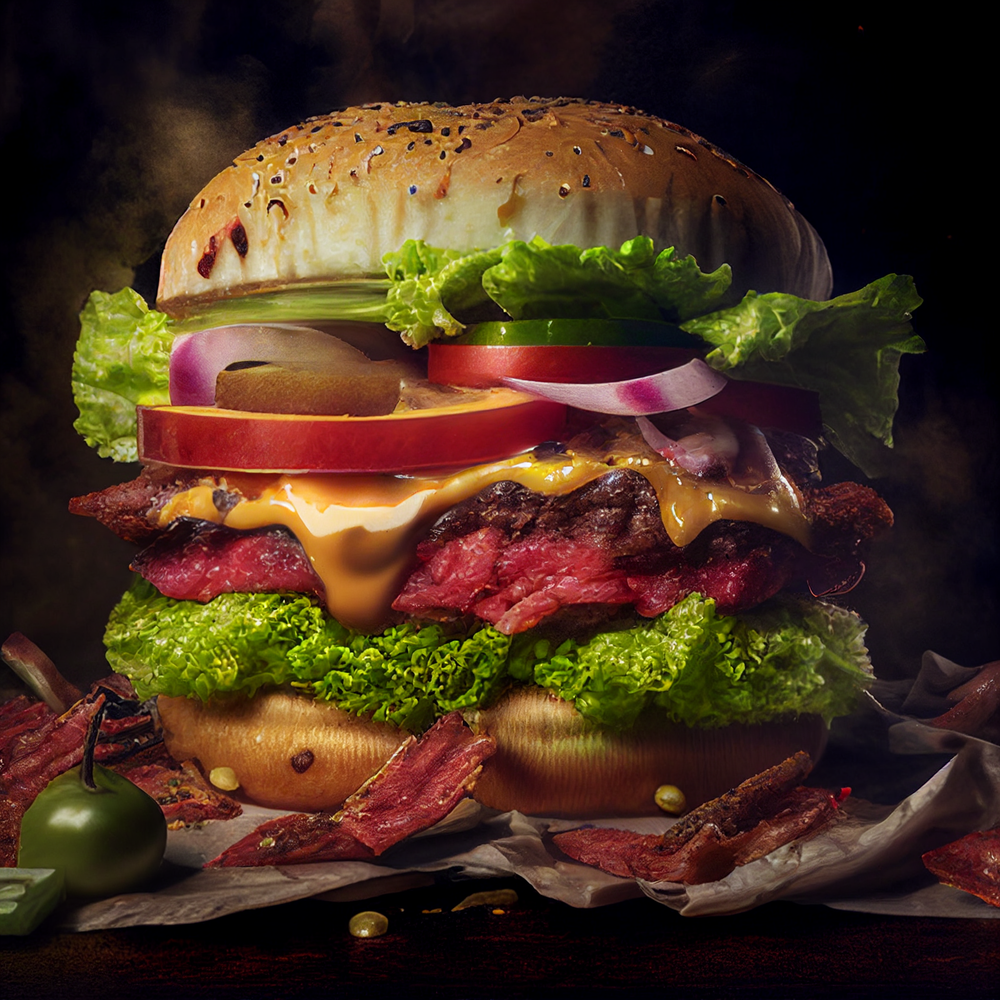On Differentiating Through Awesomeness
The importance of simply going out and being memorable
In digital real estate, we often get caught up in discussions of the next big thing, what’s coming, or how to futureproof our business. We showcase the latest apps, productivity tools and ways to gain more fans and followers. While inspiring, it can also be exhausting, and often has the tendency to take our eye off the ball for what we’re doing right now. So how different is tomorrow really going to be?
I believe that ‘tomorrow’ has a lot more information, but people’s experience of it will be calmer. I also believe this has very little to do with downloading an app, gaining followers or buying devices.
As many are starting to call it, Web 3.0 will be about the importance of expertise.
The past 10 years of Web 2.0 has given millions of previously unheard people a voice, through the aggressive democratization of production tools. Now anyone can write a post, shoot video, create music and essentially create and publish like never before, anywhere. It’s truly revolutionary in our history, and the incredible statistic that just today alone will produce more content than all of history prior to 2003 is just staggering. That’s a lot of cat videos out there right now.
This unprecedented level of content production has empowered millions of people to share their experiences with each other, and has truly brought us all closer together. We can now share anything with anyone, in real-time, in high-def, instantly. The rise of social networks as a platform to house and share this content has been seismic for business in particular.
The big loser in all of this has been our attention span, and by extension, advertising. Steve Rubel of Edelman Digital in New York characterizes this as an era of digital overload, where there’s simply more information being pushed at us every day that we can’t consume, and we’re getting very skilled at quickly tuning out the things that have no value to us. As such, advertisers and marketers are turning to increasingly creative and intrusive ways to get our attention. Unfortunately this leads to a vast, pervasive culture of ‘asking’ which we’re now all subject to every day. We feel this is particularly acute here in the advertising-saturated climate of New York. Somehow there’s an unwritten assumption that the brand with the most friends ‘wins’ in what Rubel refers to as a ‘friending arms race’. This results in brands appearing desperate, clingy and emotionally needy. The words ‘please follow me’, or ‘be my friend’ are now commonplace for those spending time online, cheapening the value of genuine connection. Rubel adds with dry humor that it’s no secret that the 2009 word of the year was ’unfriend’.
People do not evangelize the size of your audience.
They simply don’t care.
I believe that people celebrate and share usefulness, value, expertise and beauty.
Especially if it’s fun.
It’s Google, it’s Apple, it’s in the DNA of every brand we use on a regular basis. For me it’s Foursquare, Twitter and NetFlix. This is why the next era of working online, especially for those working in real estate, will be about those who can cut through the noise and provide genuine expertise on a given subject. Some describe this as curation, but I think it’s more than that. It’s not enough to be able to go out and find interesting things to share, although that’s a great place to start. You also need to be able to make things yourself, have a perspective that is of value to people, and provide services that help OTHERS discover and be better at something they want to actually be better at. This is a view that is diametrically opposed to the question ‘how do I get more fans?’ In doing this, many in real estate are simply adding to the noise right now.
Experts allow everyone else to understand signal from noise, and when faced with this terrifying chart of what happens every second online (e-mail is dead? think again) , there’s simply more and more noise being produced every day, most of it terrible. Those in real estate who are not only experts but can also make beautiful things become a multiple threat. The always brilliant Jason Calacanis describes this in terms of blogging. He explains that blogs aren’t going to go away, but more and more blogs will have less and less people reading them, and that these ’experts’ will ultimately inherit the space. He sees a downward spiral of readership which is going to shift audience towards true insight.
Journalism is undergoing this change right now, as we see in the excellent ‘Page One’ documentary on current life at the New York Times. It’s not enough to be able to write, and even that is a barrier for most ‘bloggers’. You have to also be an expert on the given topic FIRST in order to be listened to, and people are seeking out and sharing that expertise. This has a direct correlation with trust (essential for a real estate organization), and being the person that people want to spend time with online. Having people spend time inside your content and services is more valuable than any discussion of a friending arms race.
I believe that those who can provide expertise, which might be local insight, the ability to explain a complex legal issue in simple terms, or even just the simple placement of content in valuable places (re: location based marketing), and do it in a way that is beautiful, useful and valuable, ultimately win. Sharing something no-one else knows about but resonates with a wide group of people will help people spend time with you online. This is why things like production value are important — they lend critical perception support to your expertise. You may be saying something incredibly valuable, but if you’re sat in a poorly lit room being filmed on a webcam, the perception of your expertise is diluted.
Many characterize this discussion as one of engagement. I don’t think that ‘engagement’ is a strategy. Nor is ‘being human’. The brilliant Kathy Sierra suggests this only works if you have no product to offer, which in itself is a risky place to be anyway. Long term for online business, people want to follow your product and what you can do for them — in our industry’s case (among other things) an agent’s services, expertise, and the ability to find their clients incredible homes at the right price. This is a very different proposition from searching listings and blasting out open houses in a Facebook fan page no-one follows. But what often happens is that they end up following the person instead. This is widespread in social media for real estate, and simply fuels yet another meaningless, saccharine friending arms race. This solves a problem that doesn’t exist.
So ask yourself, what is my particular area of expertise and what am I doing to present that unique, differentiating factor in the best possible way? Am I saying the same thing as everyone else, just in a poorly produced way, or am I doing something no-one else has ever thought of, that’s completely unique to my particular market? Are you writing ‘10 great ways to…’ style posts, or are you creating unique posts that use all different types of media? Is it genuinely something no-one knew before? There’s no rule that says blogging has to just be writing, and there’s no app that’s going to understand what’s unique about your particular business and experience.
There’s many fantastic examples of differentiation and expertise out there, but there’s always room for more.
I believe that leveraging your existing expertise in a digital form that looks amazing, is super useful, and is unlike anything anyone else is doing, is the best way to future-proof your business for the foreseeable future.
Now go out there and be awesome.































